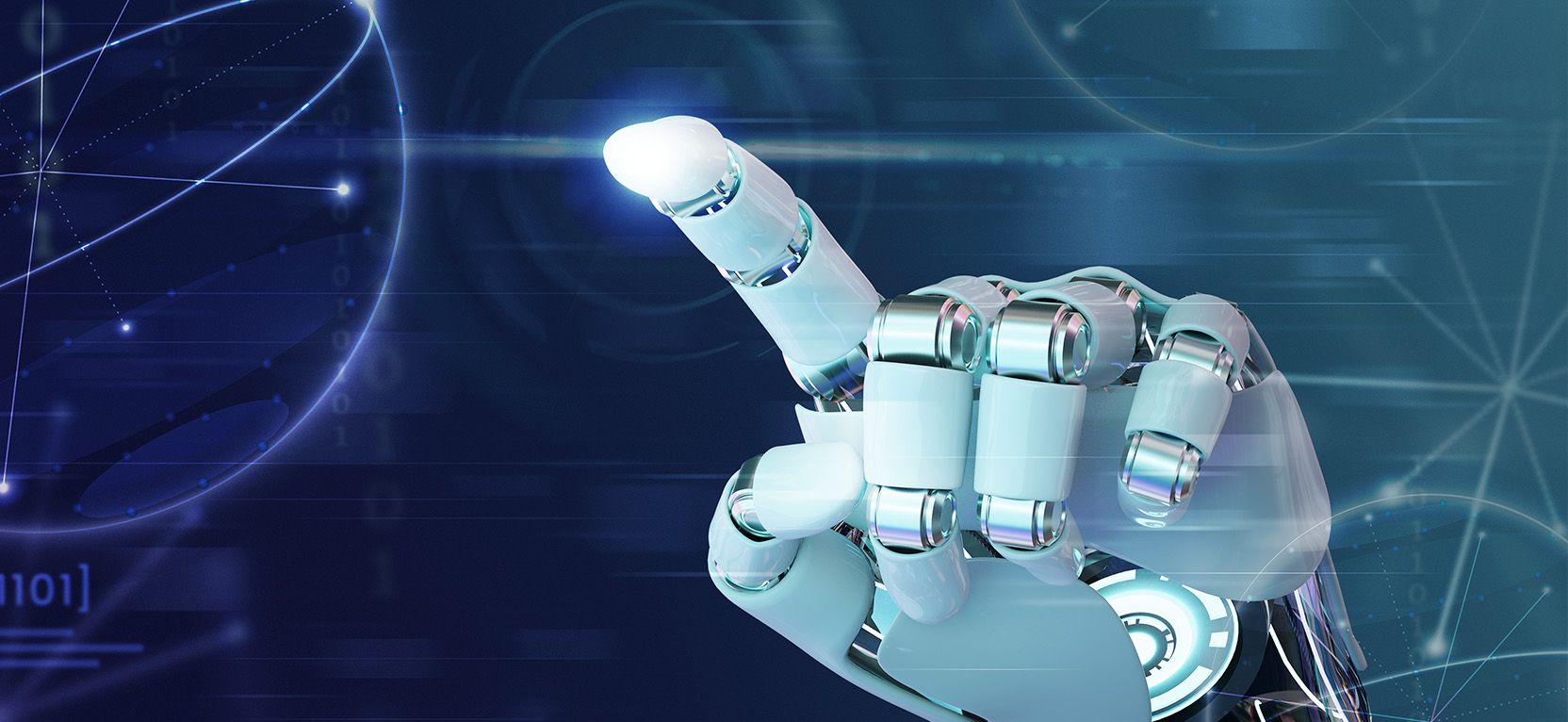Every year on May 17th, World Internet Day is celebrated, a day aimed at highlighting the vast benefits that this tool and digital technologies offer to everyone. For 2024, the Internet Day Steering Committee invites us to focus this commemoration on a crucial theme: “Towards AI committed to people.”
AI has the potential to radically transform how we interact with the world. From process automation to resource optimization, its benefits are undeniable. However, it also poses significant challenges that we cannot ignore if we want it to be socially inclusive and respectful to people.
UNESCO, in its first global standard on AI ethics, established fundamental principles to guide its development and use. The European Union has taken a significant step with the approval of the Artificial Intelligence Act (AI ACT), the world’s first comprehensive legal framework on AI.
According to the Internet Day Steering Committee, to ensure that AI develops ethically and responsibly, it is fundamental to follow a decalogue of principles:
- Transparency, understanding, accessibility, and control: The outcomes of AI models must be understandable and accessible to all people, promoting inclusion and equal opportunities.
- Literacy, skill development, and employment: It is crucial to foster the training of qualified professionals and literacy in AI so that everyone can make informed decisions about its use.
- Privacy by design and data access: Privacy measures must be integrated from the outset of developing products and services based on AI, ensuring compliance with data protection regulations.
- Cybersecurity: Robust cybersecurity measures are necessary to promote safe and responsible use of AI.
- Equity and non-discrimination: Bias and discrimination in the datasets used for AI model training must be mitigated.
- Intellectual property: Ensuring intellectual property rights in the new situations created by AI.
- Legal and ethical framework: Develop specific legal and ethical frameworks that clearly define the obligations and responsibilities of AI developers, providers, and users.
- Accountability: Establish protocols for monitoring and periodically reviewing AI advances, adapting them to regulatory and legal changes.
- Sustainability and environmental impact: Evaluate the impact of AI on sustainability, including the United Nations Sustainable Development Goals.
- Co-governance and citizen participation: Promote stakeholder participation in developing inclusive governance approaches for AI.
On this World Internet Day, Central Law supports the drive for AI committed to people. Only then can we harness its full potential to build a better and fairer world for all!



